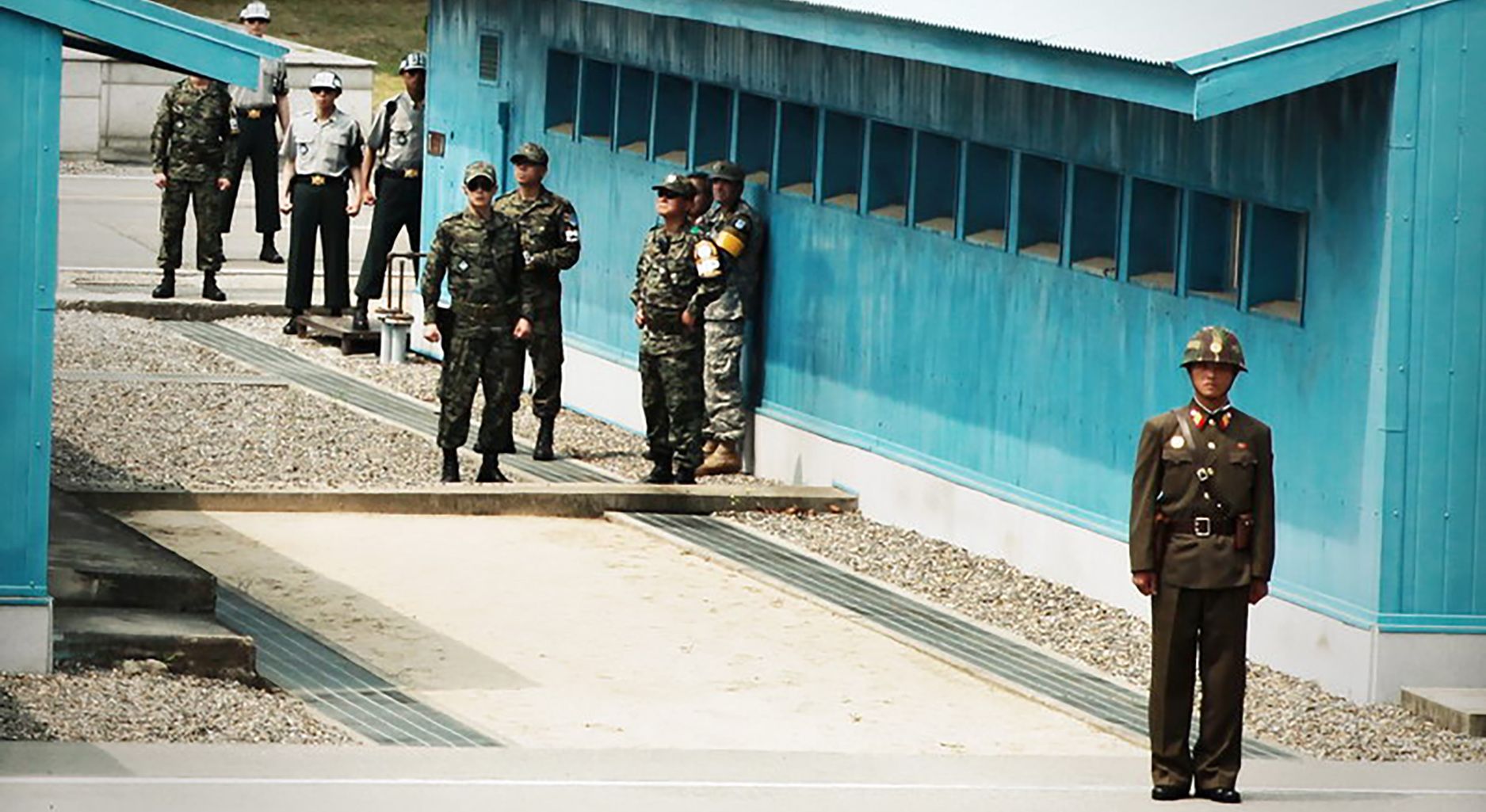U.S. Elections and Their Potential Impact on U.S.-Korean Relations
The upcoming U.S. elections signal a potential shift in U.S.-Korean relations. While Kamala Harris would likely continue President Biden’s focus on sanctions and deterrence, Donald Trump might just as easily revive diplomatic talks as cause another flare-up of tensions on the Korean peninsula. Meanwhile, South Korea is concerned about U.S. security commitments and currently debating whether to pursue its own nuclear deterrent. The Washington Declaration reaffirms U.S.-South Korean cooperation, but the conservative security proposal, Project 2025, hints at potential reductions in U.S. military presence. These developments raise questions about South Korea’s security and the broader stability of East Asia.
